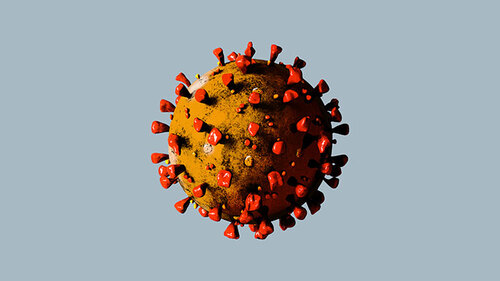This Blog Post is now in the queue for publishing as requested.
Depending on transfer load expect completion in around 15 minutes or 60 minutes if it has just been published by the owner.
This Blog Post has been removed from the queue for publishing as requested.
Mutations: These six strains of the coronavirus employ researchers - this is what their findings mean for vaccine development
Posted by
Otto Knotzer on August 18, 2020 - 6:31am

Shutterstock
In the most extensive study on gene sequencing for the Sars-CoV-2 coronavirus, a research team from Italy examined the six strains of the pathogen.
Using data from all over the world made available to them by other researchers, they were able to understand, among other things, where and when they spread which type of virus.
The research results are encouraging for the development of a potential vaccine.
You can find more articles on Business Insider here.
One became many: Originally, the novel coronavirus Sars-CoV-2 had a single strain, namely the so-called L-type, which originated in Wuhan, China. It mutated - so many times that there are now six proven strains of the virus. This is what researchers at the University of Bologna, Italy, found out after sequencing 48,635 Sars-CoV-2 genomes.
The genomes had been isolated by scientists around the world and made available to the Italian research team. This resulted in the most extensive study to date on gene sequencing for the Sars-CoV-2 coronavirus. It has now been published in the journal "Frontiers of Microbiology".
The six mutations that the researchers identified, but not, are an obstacle on the way to a vaccine. Because it looks as if Sars-CoV-2 is not extraordinarily variable: the Italian research team found around seven mutations in each sample. For comparison: with a common flu virus there are twice as many on average.



